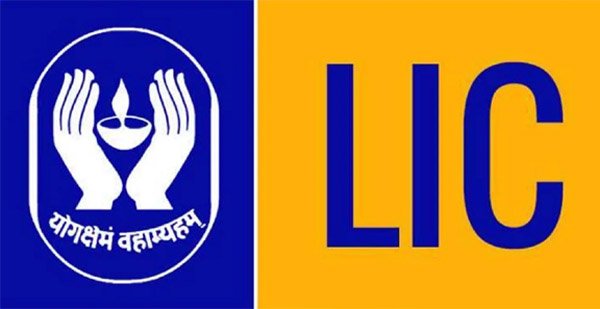New Delhi, Sep 4 (UNI) The Supreme Court on Wednesday pulled up the Enforcement Directorate (ED) on its stand that an accused cannot ask for each document collected by the agency during its investigation.
The bench comprising Justice Abhay S Oka, Justice Ahsanuddin Amanullah and Justice Augustine George Masih asked the agency how a document can be denied to the accused merely over technical grounds.
“Sometimes there may be such a clinching document which the ED may have. Won’t the refusal by ED to supply documents violate the liberty of the accused at the bail stage? asked the court.
The Court said in bail matters investigating agencies cannot be rigid while furnishing documents to the accused.
“To what extent we can say that documents are protected,” the Court said.
“Both us (judges)and advocates, on the other side, have an objective to do justice,” the Bench said.
The Court said, “Are we going to be so rigid that the person is facing prosecution but we say that the documents are protected? Will this be justice?”
The Court said that there are cases so heinous where bail is given but nowadays people are not getting bail in magistrate cases.
Times are changing, Can we as the bench be so rigid?” Justice Oka asked.
The Supreme Court was hearing an appeal related to the supply of deficient/illegible documents in a money laundering case.
Additional Solicitor General (ASG) S V Raju said he was not opposed to the supply of documents but an accused cannot have an assumption about something and then seek a roving enquiry on it.
However, Justice Oka said when the ED in the Prevention of Money Laundering Act (PMLA) retrieves thousands of documents and then relies on only a few of them, the accused may not remember every document.
“He may then ask that whatever document has been recovered from my place,” the court said.
The ASG responded that the accused would have the list of documents and could seek it under Section 91 of the Code of Criminal Procedure (CrPC).
The Court said with modern technology an accused can be supplied documents running into 1,000 of pages which can be scanned within minutes.
There is no thought of delaying the trial, the court observed.
However, after the ASG persisted that the accused has to demonstrate that the document is necessary and desirable for trial, the Court observed that Section 91 of the CrPC has to be given a wider effect for a fair trial.
Justice Amanullah said, “Section 91 is clear for being applicable at any stage. Once seized documents are given to one accused, the other must also get them.”











